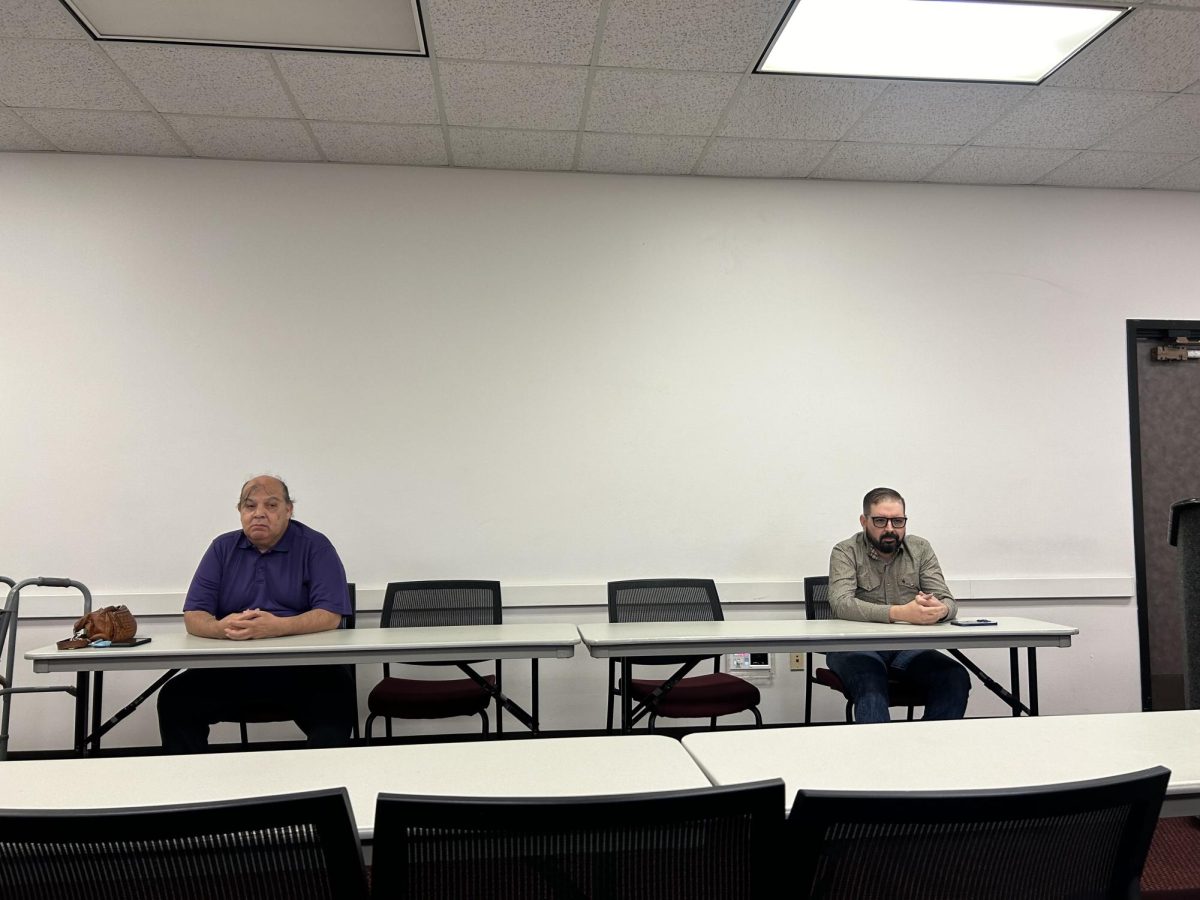Buc-ee’s, a travel center chain with a store located just 14 miles away in New Braunfels, does not need to expand into San Marcos. The new location will hurt small businesses throughout the city and the community as a whole.
Big businesses such as Buc-ee’s have more resources to push out smaller, locally run businesses. An example is when Walmart moved into the Chicago west side in 2006. According to an article from the New York Daily News, “Within two years of Walmart opening its doors, 82 local stores went out of business.”
Big corporations utilize economies of scale, meaning they can purchase large quantities of goods, which allows them to sell individual items at lower costs.
According to an article from the Austin-American Statesman, the opening of the Bastrop Buc-ee’s location in 2012 had ill effects on small businesses. Sales at convenience stores and gas stations throughout town, like the Bastrop Corner store, plummeted by 40%.
Lower prices cause economic cannibalization of communities by large chains. Businesses like the Valero located at 1350 Redwood Road, which is across the street from where Buc-ees will be built, stand to lose large amounts of normal business to an outside corporation.
Additionally, Buc-ee’s prominently displays signs across its stores showcasing high pay, with the lowest wage being just over $16 an hour. Yet, a report from the Washington Post paints a horrifying picture of conditions employees are forced to work under.
The article states employees are forced to work under a “strict employee dress code [and are] expected to arrive not even a minute late,” with employees being fired after three late arrivals. This, combined with hellish long hours and few breaks create conditions for a toxic work environment.
There is an argument, however, that the high pay offsets the conditions of employment.
Yet, even the high pay comes with hidden costs that hurt Buc-ee’s employees. In 2016, Buc-ee’s sued a former assistant store manager to get back $67,000 of “retention pay.”
Retention pay is a “lump sum outside of an employees base pay” offered as a reward if an employee were to stay in their position for a certain amount of time.
Buc-ee’s hired the assistant store manager as an “at-will” employee, meaning she could be fired at any time. Despite this, she was required to sign the retention agreement. In addition, the contract required her to give at least six months’ notice before leaving despite Buc-ee’s being able to terminate her employment at any moment.
According to the McKinney Law Firm, Buc-ee’s proceeded to sue the former manager for the retention pay and had the judge award additional “damages and attorney’s fees,” totaling nearly $100,000.
While the case was later reversed on appeal, the entire incident demonstrates how the one positive aspect of employment with Buc-ee’s, the pay, is not so positive.
Bu-cee’s will hurt small businesses in San Marcos — a city that has already had problems with many small businesses closing down in recent months. The people of San Marcos must contact city council members and work to have this Buc-ee’s development reconsidered.
-James Phillips is an international relations junior
The University Star welcomes Letters to the Editor from its readers. All submissions are reviewed and considered by the Editor in Chief and Opinions Editor for publication. Not all letters are guaranteed for publication.




















